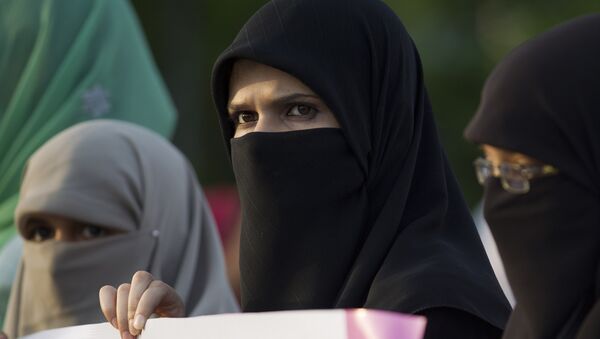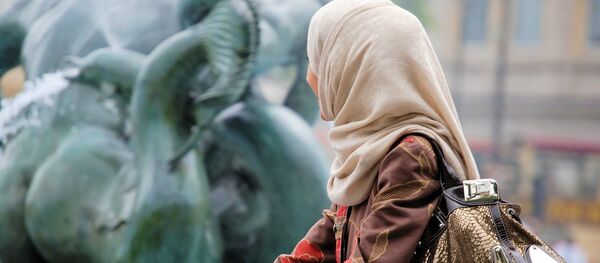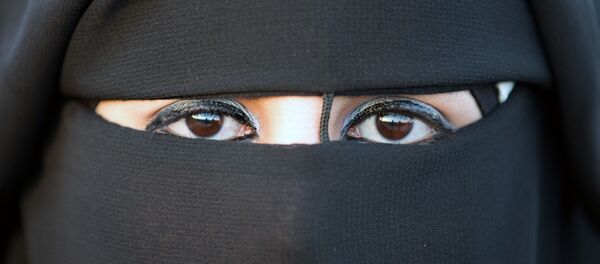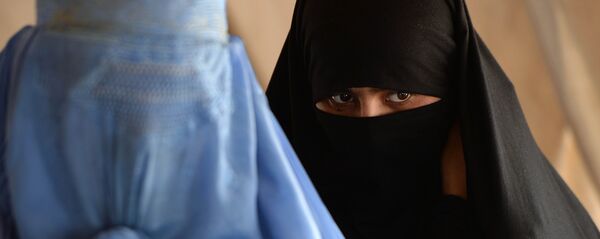"It takes very serious grounds to deny anyone the use of religious headgear. The decision by the Blidensol nursing home is a clear violation of the Anti-Discrimination Act," Equality Ombudsperson Hanne Bjurstrøm told Norwegian daily Aftenposten.
The Blidensol nursing home previously ruled that the use of the hijab alongside other religious garments may cause insecurity and fear in elderly patients and dementia sufferers.
"The rationale behind this case is the residents' well-being. Dementia sufferers are known to thrive in a safe environment. Our patients tend to remember their past and are thus greatly affected by how people around them look and dress. Garments unknown to the patients, such as the hijab or the turban, can create confusion and insecurity," the Blidensol Board of Directors ruled, citing, among other, an increasing number of employees with a foreign-looking appearance and a poor command of the Norwegian language.
Previously, the hijab ban by the privately-run nursing home was slammed by Stavanger Municipality and columnist Sumaya Jirde Ali, who called it a "cowardly tactic."
Earlier this year, a 21-year-old woman was offered a job as a nursing assistant in Oslo on the grounds that she refrains from wearing the hijab at work. This condition was ruled as a violation of the Anti-Discrimination Act. The responsible authorities subsequently apologized, admitting they had "gone too far" and ensured they had "zero tolerance" for discrimination, Aftenposten reported.
In September, Norway saw its first ever trial over the Islamic head garment, after hairdresser Merete Hodne refused to serve hijab-clad client Malika Bayan, Aftenposten reported. According to 47-year-old hairdresser, it would have been discriminatory to her clientele to drive away male customers, which she would have been forced to do, as, in accordance with Islamic teaching, women are not allowed to uncover her hair with men present. Hodne, who by her own admission perceived Islam or "Mohammedanism," as she put it, as a totalitarian ideology, claimed she would have likewise rejected a person in a Ku-Klux-Clan robe or with Nazi symbols.
Given that, it is no wonder that the news of the first Miss Minnesota Beauty Contest to compete in hijab and burkini sparked a heated debate in Norway. Miss Norway Pageant organizer Geir Hamnes called the hijab-clad appearance of 19-year-old Somali-American Halima Aden "a provocation."
Halima Aden makes history as the first woman to compete wearing a burkini during the Miss Minnesota pageant @StarTribune pic.twitter.com/QEJWToIFC1
— Leila Navidi (@LeilaNavidi) 27 ноября 2016 г.
"I have nothing against women choosing to wear the hijab or the burkini, but in this setting it becomes a bit of a bad joke," Geir Hamnes told Norwegian newspaper Dagbladet.
"She showed that beauty is not just about displaying the body. Beautiful women come in all shapes and sizes, through all religions and beliefs. One can be incredibly beautiful and representative even if they choose to cover themselves," Laila Ayoub told Dagbladet.





